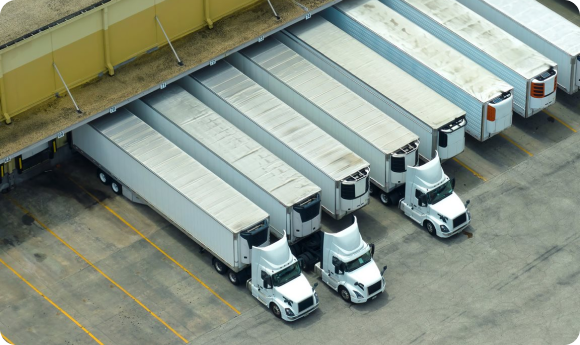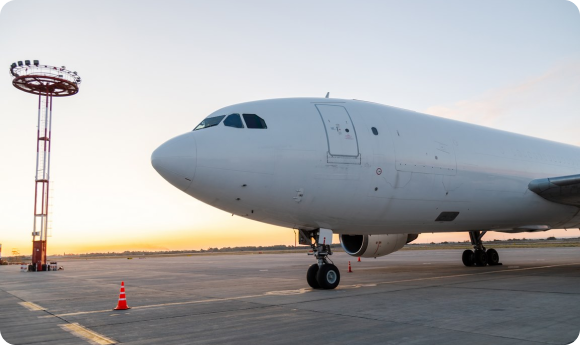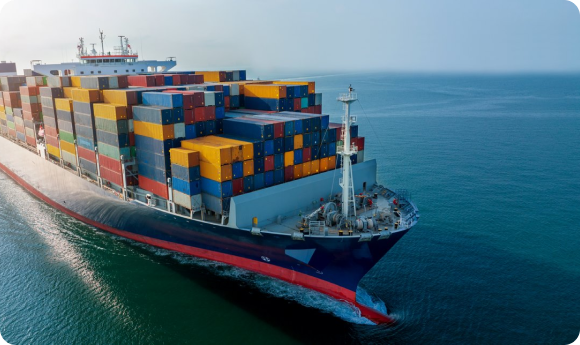Our Services
Kranium Logistics presents a professional profile as a comprehensive and customer-focused logistics provider, particularly for medical and health equipment. Their emphasis on streamlined solutions, diverse service and strategic locations makes hem a strong contender in the Indonesian Market.
Truckings
Trucking, a fundamental component of the transportation industry, plays a pivotal role in ensuring the smooth movement of goods across various regions. Utilizing trucks for freight transport offers flexibility, cost-effectiveness, and accessibility to even remote areas.
Trucking is particularly vital for last-mile delivery, providing the crucial link between distribution centers and end-users. As a versatile mode of transportation, trucks are well-suited for various cargo sizes, contributing to the efficiency and reliability of supply chains.


Distribution
Distributions encompass the strategic management and movement of goods within the supply chain, involving the coordination of warehouses, logistics networks, and transportation modes. Efficient distribution systems are essential for optimizing the flow of products, minimizing delays, and meeting consumer demands promptly.
Companies strategically position distribution centers to enhance proximity to major markets, reducing transit times and costs. The integration of advanced technologies and data analytics further enhances distribution processes, enabling real-time monitoring and responsive adjustments to meet evolving market dynamics.

Moving
Movings, often associated with personal or business relocation, involve the careful and organized transportation of goods from one location to another. This process encompasses various logistics elements, including packing, loading, transportation, and unloading.
Professional moving services offer expertise in handling diverse items, ensuring the safe and secure transport of possessions. Whether for residential or commercial purposes, efficient movings contribute to a seamless transition for individuals and businesses, minimizing disruptions and ensuring a smooth resettlement process.

Export & Import
Imports and exports form the backbone of international trade, fostering economic growth and global collaboration. Imports refer to the inflow of goods and services into a country, meeting domestic demands and supplementing local production. Exports, conversely, involve the sale of domestically produced goods to foreign markets, contributing to a nation’s economic prosperity.
The balance between imports and exports is a key indicator of a country’s trade dynamics, influencing its economic stability and competitiveness on the global stage. Governments and businesses engage in strategic planning to facilitate smooth cross-border transactions, adhering to regulations and fostering mutually beneficial trade relationships.

Air Freight
Air freight and ocean freight are two distinct yet equally crucial modes of international transportation. Air freight offers rapid delivery for time-sensitive shipments, making it ideal for perishable goods or high-value items. The global reach and speed of air transport contribute to the efficiency of supply chains, reducing lead times and meeting urgent market demands. On the other hand, ocean freight, utilizing vast cargo vessels, is a cost-effective option for transporting large volumes of goods over longer distances. This mode is particularly suitable for bulk commodities and goods with less time-sensitive delivery requirements.

Ocean Freight
Ocean freight, in contrast, focuses on the transportation of goods by sea, catering to large shipments over long distances. This method is cost-effective for bulk cargo, such as raw materials and manufactured goods, allowing for economies of scale. Ocean freight involves the use of containers and vessels of various sizes, offering flexibility in accommodating diverse types of cargo. Although it is a slower mode of transportation compared to air freight, ocean freight is a cornerstone of international trade, supporting the movement of goods on a global scale.
